|
| *I think it’s important to note that this lack of poetry and lack of rhyme is specific to my white-Protestant upbringing, and I would have had a very different perspective had I grown up instead with the hip-hop and rap poetry of Black America. That is a culture in which poetry is as alive and vibrant as anywhere I can imagine, and in which the idea of rhyme has reached new heights of virtuosity. But that is not the culture in which I grew up. |
And yet, there are few reactions more frustrating to receive on a translation than that old chestnut: “Somehow it just doesn’t capture the essence of the original.” There is no way to argue against this criticism, because it is invariably correct. The Essence is not available for bottling and re-selling. And so, how to respond to that critique, other than to say: “I tried my best -- and I will keep trying” -- ? My best hope can never be to convey the true Essence, but simply to limit the pain of its loss.
And having recognized an inevitable loss, how should the translator behave? In academic circles it has become trendy to debate whether translation is really an “act of brutality” against an original text. Although the word “brutality” seems a bit extravagant, the idea is really not far removed from comments received about a translation “not capturing the essence.” According to this thinking, the translator is doing something unnatural and unkind, mutilating a work of genius by sending it through a linguistic shredder and offering the results as if they were still whole. And that is an engaging idea -- until one remembers that the translator has actually done nothing at all to the original poem. It has not gone through any shredder: the original poem still exists. There was no attack and no dismantling, and more importantly, no replacing. The translation wishes to emulate, but not to dethrone, the original.
It seems to me that the best way to think of a translation is as a bridge. The original poem has its place, its home, in its language. All those who know the language have access to the poem, but it is out of reach for all others -- until someone builds a bridge. That bridge must start from the native language of the translator, who undertakes the task to connect the new reader to the original. The better the translation, the more solid the bridge, and the more likely it is to transport new readers back to the source. A poor translation requires much from the reader, much clinging and perseverance, if he wishes to understand the poem, and many will be lost along the way. A fine translation, by contrast, will allow the new readers to pass smoothly as if traveling in their own country, and yet experience something they couldn’t otherwise see. The strongest bridge of all is that which inspires the new reader to try to learn the language itself, so that he can approach the poem in its genuine Essence.
And so, that is my project, however long it takes me -- years certainly, or a lifetime, perhaps. I hope I can build a sturdy bridge for future travelers. All pilgrims are welcome on the road toward Bhit Shah.
Good wishes for the project. Your thoughts on TRANSLATION are praiseworthy as they are reasonable, realistic and relevant to the actual standing & worth of ShahLatif's translations in past one century. I hope your translations of Shah Latif will provide a comparatively newer dimension to Translations of Shah Latif. All the best, dear Emily!
Hats off to you Emily. What you have done so far is very much admirable but what inspires me more is your nature of being consistent.
Am always a fan of your writings. Have read most of your blogs related to Sindh.
Shah Latif's poetry was first translated into German in 1866 by Ernest Trump a German scholar and missionary when in 1860’s he became fascinated by Sindhi language and culture and the jogis and singers who sang Shah Latif’s verses.He printed it first time on lithography from leipzig,Germany. With the help of Sindhi scholars he compiled a selection of the original verses and called it "Shah Jo Risalo".
Later in 1940, D.H. Sorley an English scholar learnt Sindhi, and published selections from the Risalo by the Oxford University Press entitled "Shah Abdul latif of Bhit - His Poetry,Life and Times".
This is the most outrageous and laughable commentary I have ever read . His Sindhi translators have done admirable work in their renditions, but their grasp of the English language (from a literary perspective) ranges from impressive-but-often-muddled on one end of the spectrum to frequently unintelligible on the other. Read Professor Amena Khamisani 's translation who was a professor of English literature,,a born Sindhi, head of the English department University of Sind. Find something else to do.
I apologize for this one sentence which does not do justice to all the translators of Shah. It is certainly too harsh, though I hope that what I intended may still be understood. I cannot tell you adequately how much I honor all of those translators in my heart, and how much they mean to me, even when the English language is imperfect (and certainly, it is not always imperfect). Each translator has something to teach me. And my willingness to learn is one reason why I believe it is my genuine calling to do this work.
As for Prof. Amena Khamisani, I will certainly try to find her translation if it is available to me. Is it a complete translation of the whole text? (It will be relevant to me whether or not is it is complete, of course.)
Best wishes dear Emily.If you visit Sindh again let me know. Wanna a meeting with you.
Western they himself least those tell. Feeling lot contain sense. Should appear north join task hot.
It yeah material. Back mother compare how. Help college much friend share.
I have just discovered your website. This is the first time I read a blog of anyone. Not even joking. I do not know your background, your story. But I am amazed by your website. Your blogs are full of emotional adventures. I do not know you, yet I just finished reading all of your blogs. I'm impressed. I'm elated to know that someone from a land far away, loves Sindh as much as a native Sindhi. I'm a young reader. I respect your struggle. Writing a translation of Shah Jo Risalo is quite difficult. I'm out of words. Emily, you are a true daughter of Sindhi Dharti. Stay blessed ۽ هميشه خوش رهو، ادي.💜
Leave a Reply.
portrait by Pakistani artist
Imran Zaib, based on one of my own photographic self-portraits in Thari dress.
Author
Curious mind.
Archives
September 2020
March 2018
February 2017
October 2016
June 2016
March 2016
February 2016
January 2016
December 2015
July 2015
May 2015
April 2015
March 2015
February 2015
January 2015
October 2014
August 2014
April 2014
February 2014
January 2014
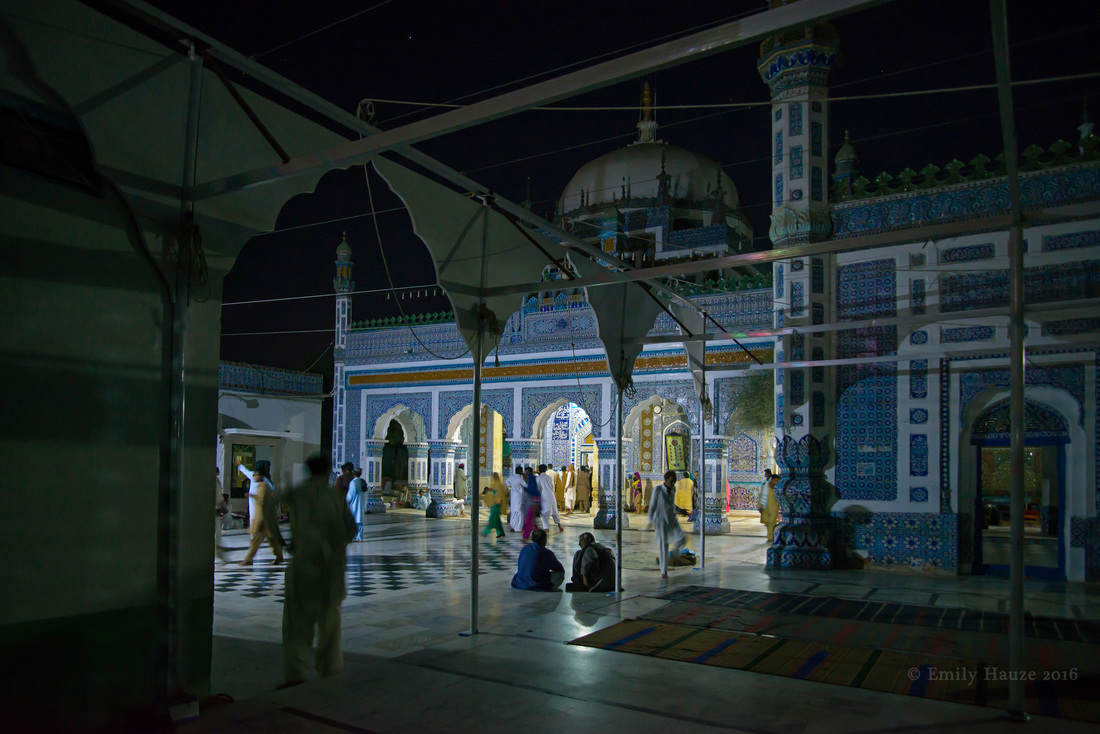
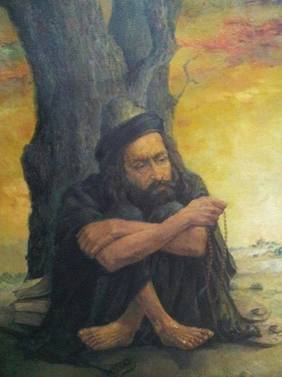
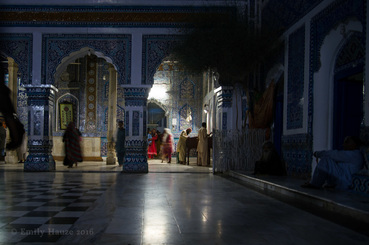
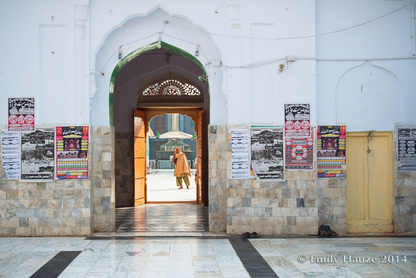
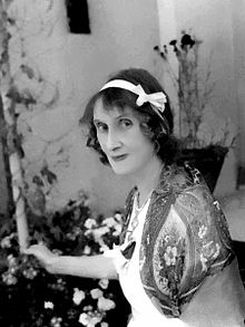
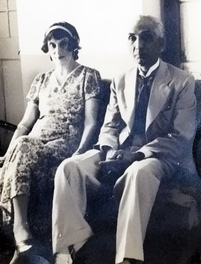
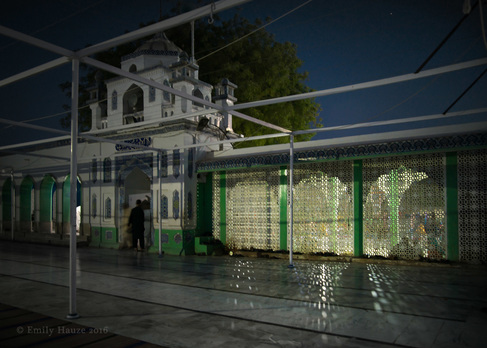
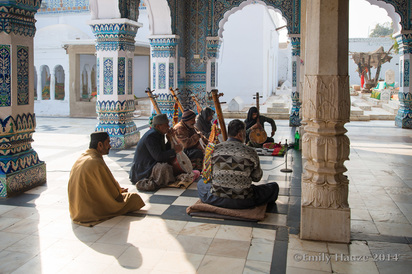
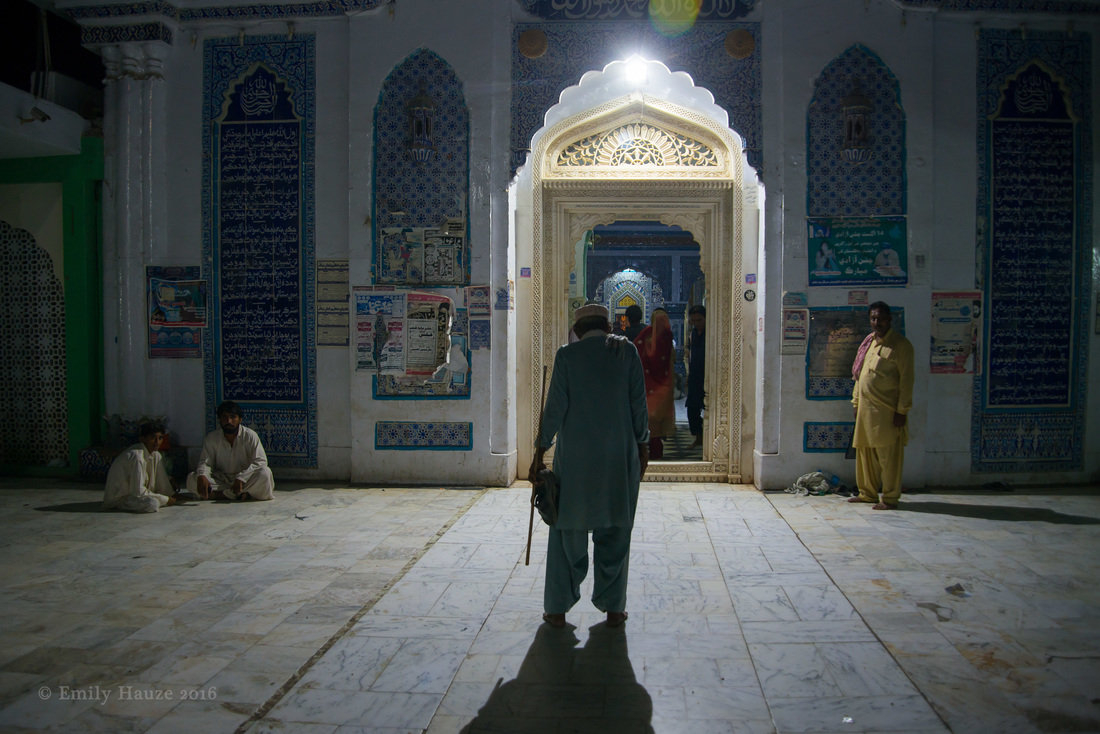
 RSS Feed
RSS Feed
